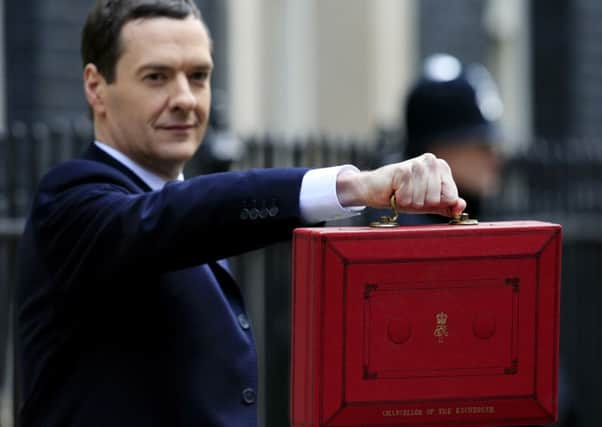Scotland’s shops need helping hand in Budget


Scotland’s retail industry is dynamic and diverse. It accounts for 257,000 jobs, 14 per cent of total commercial investment and provides routes to market elsewhere in the UK and overseas for domestic producers.
Many of our indigenous brands are market leaders domestically and further afield and millions of Scottish consumers enjoy a quality retail experience every day.
Advertisement
Hide AdAdvertisement
Hide AdHowever, the industry has had to face up to profound changes over recent years and this has tested the business model of every retailer.
Changing demographics, lifestyles and technology are having a major influence, with a fifth of all non-food related retail sales now carried out online. Household finances are improving but people are still paying down debt and earnings have only recently started to surpass inflation.
At a time when retailers’ margins are thin, government-inspired regulatory costs have mushroomed. The business rates escalator is ratcheted up each year and employer pension contributions are rising. Responding to these profound changes will require substantial outlays from retailers’ on ICT infrastructure and a more highly skilled workforce.
The Chancellor’s summer Budget tomorrow provides an opportunity to further unleash the potential of the retail industry to invest, grow and create jobs.
The priorities should be to put money into people’s pockets, keep down the cost of doing business and stimulate commercial investment. Reducing the deficit in the public finances will militate against the need for future tax rises that could hold back growth. Any scope for income tax reductions should be targeted towards low earners.
Wage-related outgoings account for the largest business cost facing most retailers. There should be greater visibility over the future direction for the minimum wage with economic conditions and affordability firmly taken into account. The independence of the Low Pay Commission should be respected.
If the summer Budget generates any windfall “consequentials” for the devolved government, this ought to be spent on improving high streets and keeping down taxes affecting firms and households.
• David Lonsdale is director of the Scottish Retail Consortium